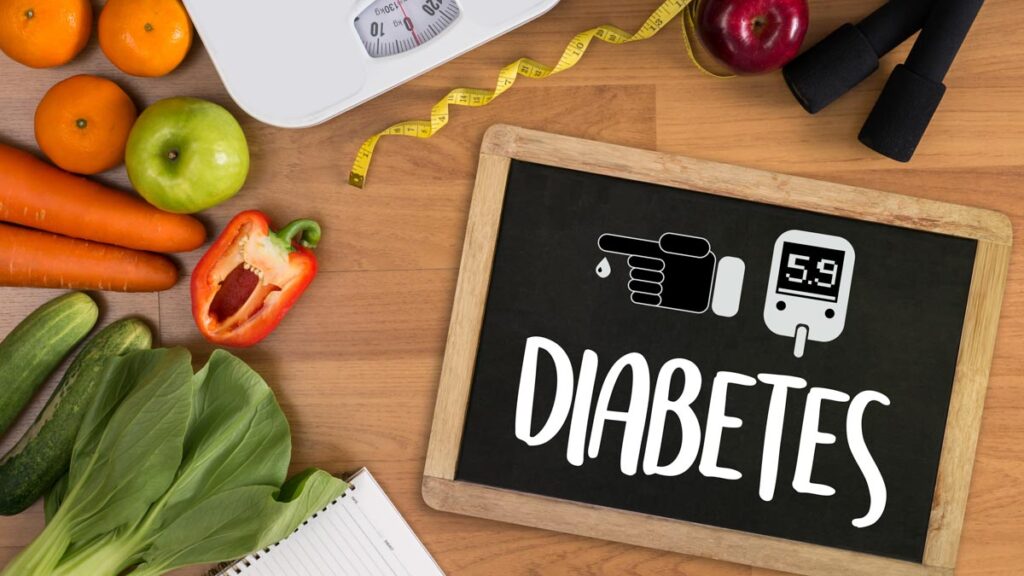Finding the right food to eat following a diabetes Miletus diagnosis, also known as type 2 diabetes, can be overwhelming. You never know the type of food that may spike or moderate your sugar levels. This situation can be scary, strenuous, and depressing at first, as you must cut down or let go of all your food cravings and sweeteners.
Knowing the right foods to eat as a diabetes patient can help you manage your condition and keep complications and comorbidities at bay; you do not want to worsen your condition.
Below are well-researched steps on how to manage your nutrition as a diabetes Miletus patient without spiking the levels of your sugar. These steps of nutrition management can also guide and help patients with other types of diabetes.
1. Eat healthy carbs
Even as a diabetic patient, you need calories in your diet, mostly from carbs. You have to go for carbs that are not highly processed and refined, which are known as whole carbs. Whole carbs include wheat, brown rice, grains, fibre, and legumes. These whole carbs won’t spike your levels as they have a low glycemic index. Avoid refined carbs like white rice, white bread, and highly processed pasta.
2. Fruit and veggies should be your friend.
Fruit is sugary, people would say. That is true, but it contains natural sugars known as fructose which contain a low glycemic index, so you have nothing to worry about. Whole fruits like Apple, blueberries, cucumber, and grapes are good options when confused about picking out from the lots. Veggies are a great source of nourishment for you as they are full of fibre and nutrients. Healthy Veggies include spinach, broccoli, cabbages, and lettuce.
3. Measure your food portion Size.
Eating the right food in an extremely large amount can lead to complications like weight gain or obesity. You have to measure your food portions to cut down on calories and excess fat. You can measure your food portion size by using a small plate per serving or using a measuring spoon which would be used for all your servings. However, this doesn’t mean you shouldn’t eat to your satisfaction but mind the quantity of food you ingest.
4. Stay away from bad fats.
Saturated fats are known as bad fat and are deleterious to your health, whether you are a diabetic patient or not. Saturated fat causes cholesterol to flow into your bloodstream, which could lead to serious complications like stroke and heart disease, which are comorbidities of diabetes. As a diabetic patient, you should take monosaturated fats like Avocado oil, sesame oil, almond oil, sunflower oil, and canola oil. Sometimes, the best option may be to make do without oils by grilling, steaming, and baking your foods.
5. Avoid sugary food, drinks, and processed food.
The major cause of diabetes Miletus is the intake of too much sugar, and you sure do not want to continue in that route. Avoid sugary food and drinks, like sugary beverages, cakes, chocolates, energy drinks, and sugary juice instead, swap these with unsweetened coffee, unsweetened juice, and plain water. On the part of foods, you can go with wheat bread and cakes, nuts, beans, and unsweetened beverages. Avoid processed food as it contains a lot of calories, salt, and sugar. You should go all out on homemade food.
Conclusion
At first, it may be difficult to substitute your best foods and cravings for the above food types, but along the way, you will realize you have made the right choice. However, you should seek the help of a dietician or healthcare provider to map out healthy foods that will be best for your condition.
Need to speak to a doctor? Click HERE.

